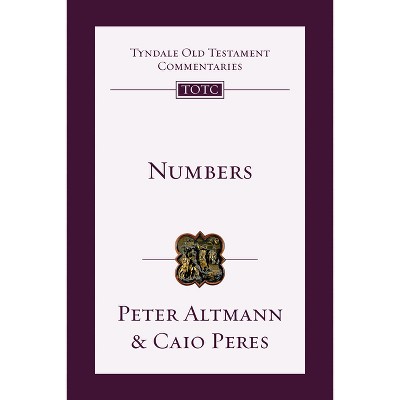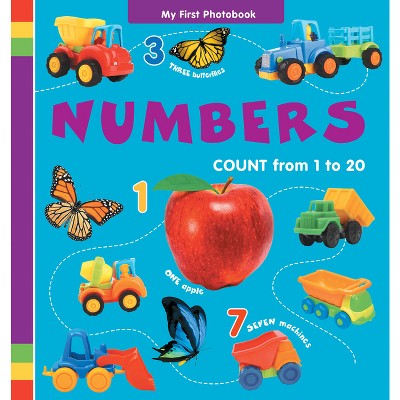Sponsored

Numbers - by Robert Kiely (Hardcover)
$83.00
In Stock
Eligible for registries and wish lists
Sponsored
About this item
Highlights
- Numbers: A Cultural History provides students with a compelling interdisciplinary view of the development of mathematics and its relationship to world cultures over 4,500 years of human history.
- About the Author: Robert Kiely, PhD, teaches the history of ideas in the Liberal Arts Department of the School of the Art Institute of Chicago, USA.
- 368 Pages
- History, Ancient
Description
About the Book
Numbers: A Cultural History provides students with a compelling interdisciplinary view of the development of mathematics and its relationship to world cultures over 4,500 years of human history.Book Synopsis
Numbers: A Cultural History provides students with a compelling interdisciplinary view of the development of mathematics and its relationship to world cultures over 4,500 years of human history.
Mathematics is often referred to as a "universal language," and that is a fitting description. Many cultures have contributed to mathematics in fascinating ways, but despite its "universal" character, mathematics is also a human endeavor. It has played pivotal roles in societies at particular times; and it has influenced, and been influenced by, a wide range of ideas and institutions, from commerce to philosophy. Ancient Egyptian views of mathematics, for example, are tied closely to engineering and agriculture. Some European Renaissance views, on the other hand, relate the study of number to that of the natural world. This work seeks to place the history of mathematics into a broad cultural context. While it treats mathematical material in detail, it also relates that material to other subject matter: science, philosophy, navigation, commerce, religion, art, and architecture. It examines how mathematical thinking grows in specific cultural settings and how it has shaped those settings in turn. It also explores the movement of ideas between cultures and the evolution of modern mathematics and the quantitative, data-driven world in which we live.About the Author
Robert Kiely, PhD, teaches the history of ideas in the Liberal Arts Department of the School of the Art Institute of Chicago, USA.Dimensions (Overall): 9.29 Inches (H) x 6.14 Inches (W) x 1.02 Inches (D)
Weight: 1.6 Pounds
Suggested Age: 22 Years and Up
Number of Pages: 368
Genre: History
Sub-Genre: Ancient
Publisher: ABC-CLIO
Theme: General
Format: Hardcover
Author: Robert Kiely
Language: English
Street Date: August 4, 2022
TCIN: 90828981
UPC: 9781440869334
Item Number (DPCI): 247-49-2646
Origin: Made in the USA or Imported
If the item details aren’t accurate or complete, we want to know about it.
Shipping details
Estimated ship dimensions: 1.02 inches length x 6.14 inches width x 9.29 inches height
Estimated ship weight: 1.6 pounds
We regret that this item cannot be shipped to PO Boxes.
This item cannot be shipped to the following locations: American Samoa (see also separate entry under AS), Guam (see also separate entry under GU), Northern Mariana Islands, Puerto Rico (see also separate entry under PR), United States Minor Outlying Islands, Virgin Islands, U.S., APO/FPO
Return details
This item can be returned to any Target store or Target.com.
This item must be returned within 90 days of the date it was purchased in store, shipped, delivered by a Shipt shopper, or made ready for pickup.
See the return policy for complete information.











